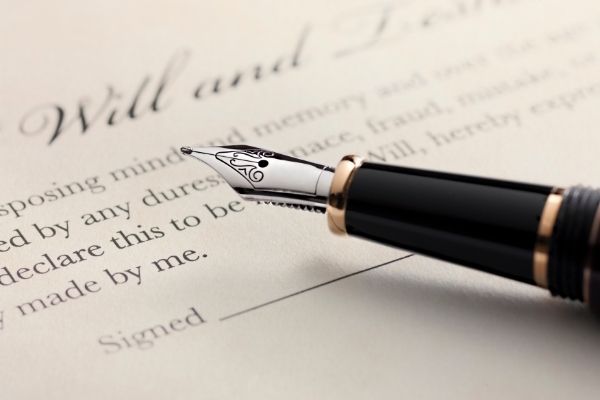A will in North Carolina generally must be self-proving. This means that the will must have been signed by two competent witnesses in front of a notary and the person making the will must be over 18 and of sound mind. However, a will does not have to be self-proving to be valid. When a will is not self-proving, a court must determine whether the signatures of the witnesses and the signatures of the person making the will are legitimate. Having a self-proving will circumvent this process and save time and money.
It is important to consult with an estate planning attorney to ensure the will meets all legal requirements.
That said, a holographic will is still valid in North Carolina so long as it meets certain requirements. If any of the following three are not met, then the holographic will could be considered invalid. First, the will must only be in the person making the will’s handwriting. Second, the will must be signed by the person making the will. Third, the will must be kept in a safe place. The final requirement is ambiguous, as it is unclear what exactly constitutes a safe place. A court reviewing such a matter will generally decide whether it was a safe place or not based on what it was stored with rather than the actual location. For example, one North Carolina court found that a freezer was a safe place because the person stored other important documents there.
A valid holographic will must be entirely handwritten by the testator and found among the testator’s valuable papers after the testator’s death.
It is also worth noting that if all three requirements are met, the will may still be deemed invalid. After meeting the three requirements, three witnesses are needed to testify before a court that the handwriting is indeed the handwriting of the person who made the will. Then, another person will have to testify before the court about where the will was found.
A holographic will in North Carolina can be valid, but it is very easy for it to be disputed and thrown out by a court. Therefore, if you are considering handwriting your own will, make sure it is entirely in your own handwriting, you sign it, and you store it in a safe place.
Consulting with an experienced estate planning attorney can help avoid potential disputes and ensure the will is valid.
To avoid any missteps contact one of King Laws Estate Planning attorneys at 888-748-KING (5464) or by filling out our consultation form. We have offices located across western North Carolina and upstate South Carolina. We are here to serve you and to guide you as we navigate this journey together.

